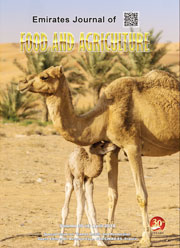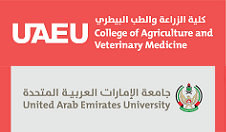Potential impacts of climate change on agriculture - A review
DOI:
https://doi.org/10.9755/ejfa.2020.v32.i6.2111Abstract
Greenhouse gases content in the atmosphere significantly raised since the beginning of the industrial revolution, mainly associated to anthropogenic emissions, namely those related to altered land use. Such rise is driving changes in the climate, which will worsen throughout the 21st century. Agricultural systems are particularly vulnerable to Climate Changes (CC) thus the attempts to achieve higher crop productivities, simultaneously with more efficient use of resources, while minimizing environmental impacts could fail. The CC mitigation/adaptation measures require a major effort to decarbonise the economy, which includes a global greenhouse gas emissions reduction of ca. 50-60% by 2050, as compared to 1990. These actions should be used in a complementary manner, in order to greatly reduce the vulnerability of agri-food systems, thus, contributing to food security and safety. The water shortage and increase of extreme events episodes in Southern Europe may lead to abandonment of agricultural practices, whereas in the northern Europe it is foreseen the expansion of suitable crop´s areas and yield increases, thus emphasizing that the estimated impacts of climate changes will not be uniform throughout the world.










 .
. 